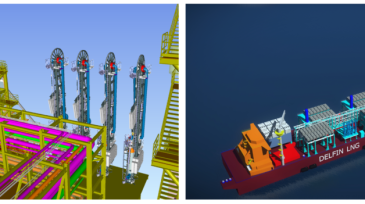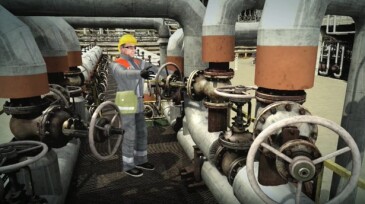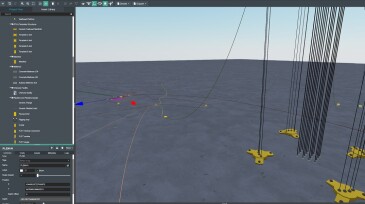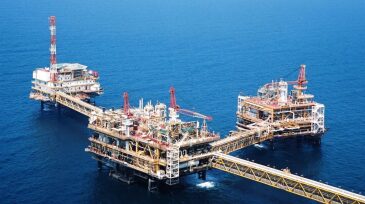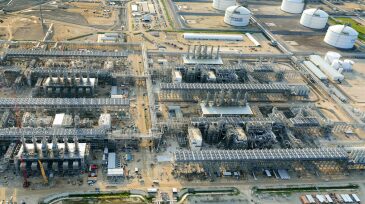Onshore/Offshore Facilities
The planned facility was designed to process 34 MMcf/D of associated gas into fully refined gasoline.
The awards build on Tenaris’ role in earlier phases of the ultradeepwater Black Sea project.
Suspended by force majeure since the spring of 2021, work on the Mozambique LNG project has restarted with over 4,000 workers now engaged onshore and offshore to meet a 2029 deadline for first LNG.
-
Why you should be cautious about using today’s higher inflation rates in your asset-retirement calculation.
-
The export project in the US Gulf of Mexico could handle up to 13 mtpa of liquified natural gas.
-
This paper presents a review of virtual reality (VR) in the oil and gas industry through the development of prototypes. The objective was to establish a learning experience and knowledge about VR’s main features, hardware, software, and applications; evaluate the capabilities of various VR solutions in the context of field operator and maintenance training; and develo…
-
Software company FutureOn and consulting firm Wood are working together on an enhanced digital service for asset operators.
-
Design, construction specialist books new work in the Middle East, Australia, and Saudi Arabia.
-
The acquisition gives Enterprise’s natural gas and NGL business an entry point into the Midland Basin.
-
New projects coming on line throughout the year will vault the nation ahead of Australia and Qatar.
-
The authors present an artificial-intelligence and machine-learning technology to obtain a high-level, comprehensive view of all equipment in a facility to detect and map corrosion.
-
This paper describes a method to determine rig state from camera footage using machine-learning-based vision-analytics approaches.
-
The plan includes the development and operation of a first-of-its-kind high-voltage, direct-current (HVDC-VSC) subsea transmission system in the Middle East and North Africa region.





